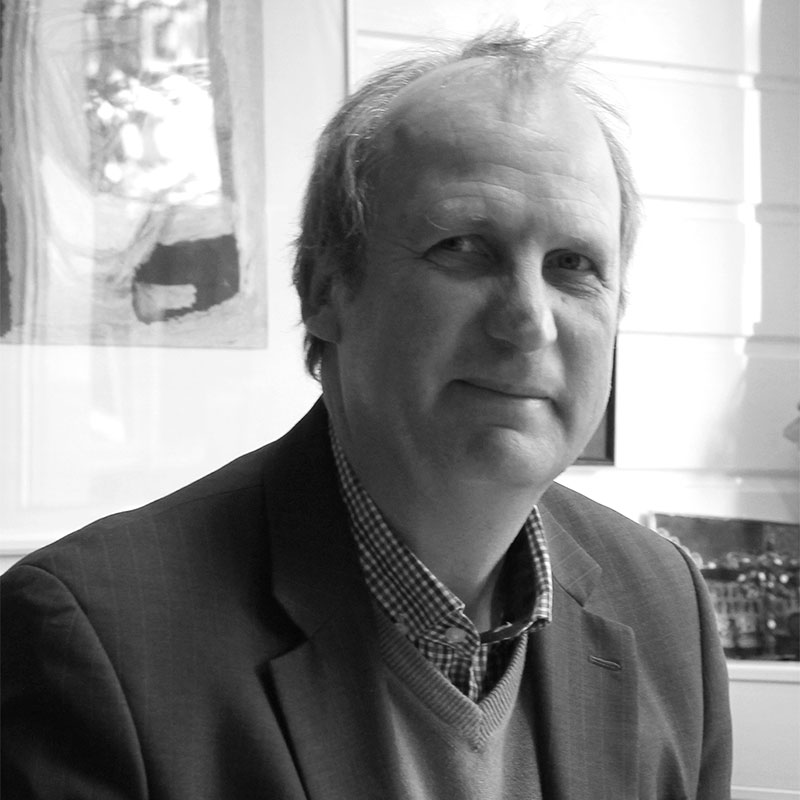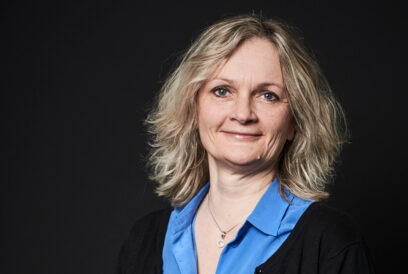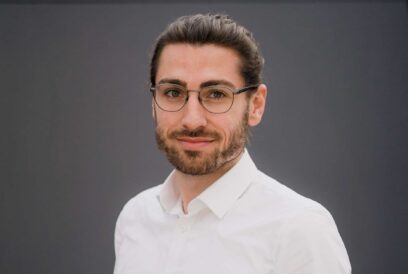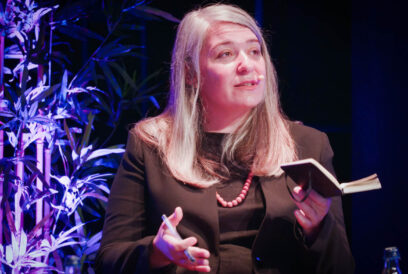
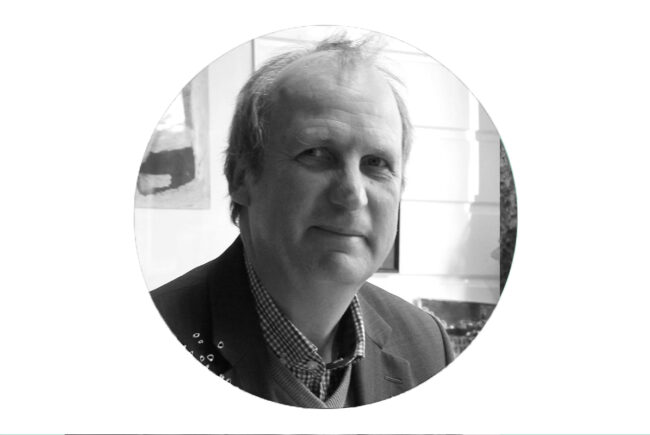
European project aims to support adult educators in making adult education topics, which are often overlooked in the public discourse, visible in local and regional media, writes Michael Sommer. The text is a column written for issue 2/2018 on Adult Education and the EU.
“Let’s do a poster campaign! Using words that nobody can understand” – “No! We won’t reach everybody that way, better do short spots on the radio! Such as: Help, I can’t read that!”
Training for adult educators. The task is to draw attention to an unpleasant subject: many people in different countries are unable to read or write properly. They are sometimes referred to as “functionally illiterate”, which means that they can understand some written sentences but fail to grasp complex meanings or connections.
When Anke Grotlüschen went public with the leo. Level One Study in 2011, she created some astonishing effects: Public media in Germany paid attention to an adult education topic.
The major challenge in this context is to engage those affected by illiteracy and their families, colleagues and social environment to provide appropriate support and assistance, rather than simply ignoring the topic. In other words, make the issue public.
When Hamburg-based professor Anke Grotlüschen went public with the leo. Level One Study in 2011, she created some astonishing effects: Public media in Germany paid attention to an adult education topic. Even the main news programmes reported: 7.5 million individuals in Germany are unable to read and write properly! – And they ought to learn it.
What followed was a wave of popular outrage and a knee-jerk reaction. Highly subsidised programmes were introduced and even the federal structure of the German education system was discussed. How could a scientific study be so successful?
Grotlüschen and her team have prepared their results in a manner appropriate to the media, using a “press kit”. They had taken into account the mechanisms that lie behind media attention and effectiveness: high news value, large group of persons affected, clear message, recency and topicality.
TO MAKE USE OF THOSE EFFECTS in adult education on a large scale was the goal of a European project by the Catholic Adult Education of Germany (KEB), which finished in September 2018 after operating for three years.
The idea was that media professionals and curriculum designers would get together with experts in the field of basic skills training to develop teaching/learning material for the qualification of adult educators.
The learning objective should be to enhance the participants’ applied journalistic and media competence. This way, topics such as basic skills provision, literacy or adult education in general, which are often overlooked in the public media discourse, would be made visible in local and regional media.
It became apparent that adult education practitioners in particular often lack the journalistic competence to publish their innovative, creative concepts and approaches.
The starting point for the project entitled “Let Europe Know about Adult Education (LEK)” was the KEB’s preceding project, “European InfoNet Adult Education” (2005-2015), which was funded by the EU for nine years and published journalistic articles, including experience reports, projects, scientific reports and EU-level newsletters.
During the project it became apparent that adult education practitioners in particular often lack the journalistic competence to publish their innovative, creative concepts and approaches.
The curriculum consists of six modules: “Journalistic news value’”, “Collection of relevant information”, “Writing as a construction/constructive process – between reality, stereotypes and PR”, “Using and writing for online media”, “Making adult education more visible in media”, and “Writing good PR texts”.
These modules were all evaluated in the seven different countries (Norway, Finland, Denmark, Belgium, Germany, Austria) where the ten partner organisations are based, using a scientific evaluation approach by the Free University Berlin. The evaluation results were used to further improve the specific modules.
WITHIN THE MODULES, participants learn how to write short and effective press releases that start with an interesting hook sentence containing all the necessary information. They also learn how to find a good story within the ‘uneventful’ field of basic skills provision. Using an illustrative example or creating special events are both means of drawing attention to a topic.
A distinctive feature of the curriculum is an experimental game, which simulates a regional campaign on basic skills provision. This method is especially useful for embedding regional conditions that reflect different realities across Europe – from Romania to Norway.
Defeating illiteracy is a challenging task of today. Its not narrowed to class rooms of people learning the alphabet. The battle field is much wider. The public should know about that.
Other features include webinars that come with a corresponding handbook for use and development, recorded and developed by the Norwegian Network for Adult Education, as well as a brochure that is a compilation of the most important journalistic principles for adult educators, written by the Danish Association of Adult Education.
In addition, in terms of media competence in adult education, the use of European media such as the portal EPALE plays an important role. LEK has developed a handout containing practical tips for using EPALE as a part of its curriculum.
The project was concluded at the Conference of the European Basic Skills Network in Berlin June 2018. The material – gradually completed – can be accessed and downloaded in different languages through the homepage as Open Educational Resource (OER).
Defeating illiteracy is a challenging task of today. Its not narrowed to class rooms of people learning the alphabet. The battle field is much wider. The public should know about that – and this project tries to support adult educators to be effective soldiers in this fight.
Elm Magazine has contributed to the project by bringing in its knowledge and experience of adult education media and is portrayed as an example in the project materials.
Author
